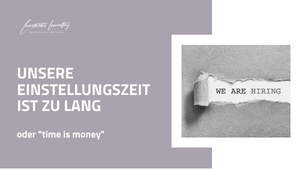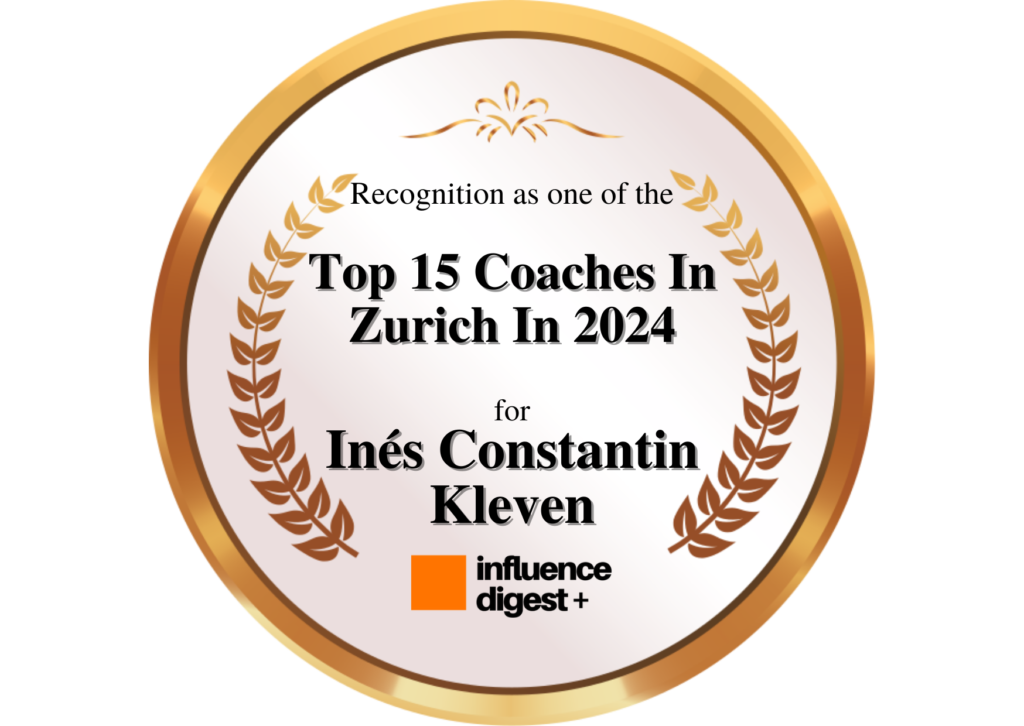It is well-known that companies lose out on great candidates all the time. But here’s the catch: it’s often their fault.
Take my friend Sam, for example. A great entrepreneur with a fantastic product, he called me last week to tell me the following: he had a top-notch ‘dream’ candidate in the running. He was, in his words, this close to hiring him after the final interview.
But what happened then? One week passed, then two, then three. Too much time. And boom, promising employee = gone.
Do you like to take your sweet time when hiring? Think again.
‘How long is too long?’
If you are asking yourself this question, odds are your hiring process is taking too long.
Between 2015 and 2018, the average time-to-hire hovered around the 39 days mark – that’s a whopping 5,5 weeks!
Keeping in mind that one-quarter loses interest if they do not hear back within one week of the initial interview – I think you have got your answer.
Figure 1 Average time-to-hire for job applicants worldwide between 2015 and 2018(in days), Statista 2021.
Time-to-hire is a key HR metric for a simple reason: slow hiring processes cost companies a lot. They cost money (hello, immediate lost revenue due to cost-to-fill), and they cost star employees (and potential extra revenue).
It can even cost you your [employer] brand.
long, cumbersome hiring process = hassle for applicants
So why do employers keep on taking their (not so sweet) time?
There are two chief reasons for this:
- You do not have a clear/efficient recruiting process in place.
- You have not clearly defined your target talent.
The main way inefficient hiring processes show themselves is through a lower quality of candidates available to hire, and eventually – yelp! – lower-quality staff.
That’s right: you may be unconsciously and systematically lowering the quality of the talent pool available to you.
The brunt of a bad hire is carried by your current employees. They understandably may be left disgruntled at the prospect of having to pick up the pieces.
And since your current employees should vouch FOR (working for) your company and not against it — again, think employer brand! -, this is a big mistake to avoid.
Add to this the scathing reviews left on Glassdoor.com of former candidates complaining about inefficient recruiting processes, and you should shudder at the thought of lengthy time-to-hire.
So – what can you do?
- Clearly define your target talent (e.g. by creating a persona based off successful employees)
- Be fast but thorough: ensure Quality-of-Hire through the right steps (e.g. early online assessments for skill & cultural fit.
- Remove roadblocks to making good hiring decisions (e.g. giving one single person veto power – or conversely, depending on too many people for decision-making).
- Know the dollar value of every employee.
Bear in mind
!!! Recruiting = constant !!!
N.b. The hallmark of a good recruitment process is continuous refining of your strategy.
Prioritizing having an efficient recruiting process is a sure way to kickstart a period of higher revenues.
Never forget, skilled talent is your company’s single most important asset.
The adage time is of the essence is as true as event.
Would you like to know more? Then get in touch.
Here is the overview to my Employer Branding Services.
Sources:
https://www.statista.com/statistics/881018/recruitment-average-time-to-hire-worldwide/
https://www.eskill.com/blog/how-long-is-too-long-for-hiring/
https://www.pacestaffing.com/what-happens-when-you-take-too-long-to-hire/





